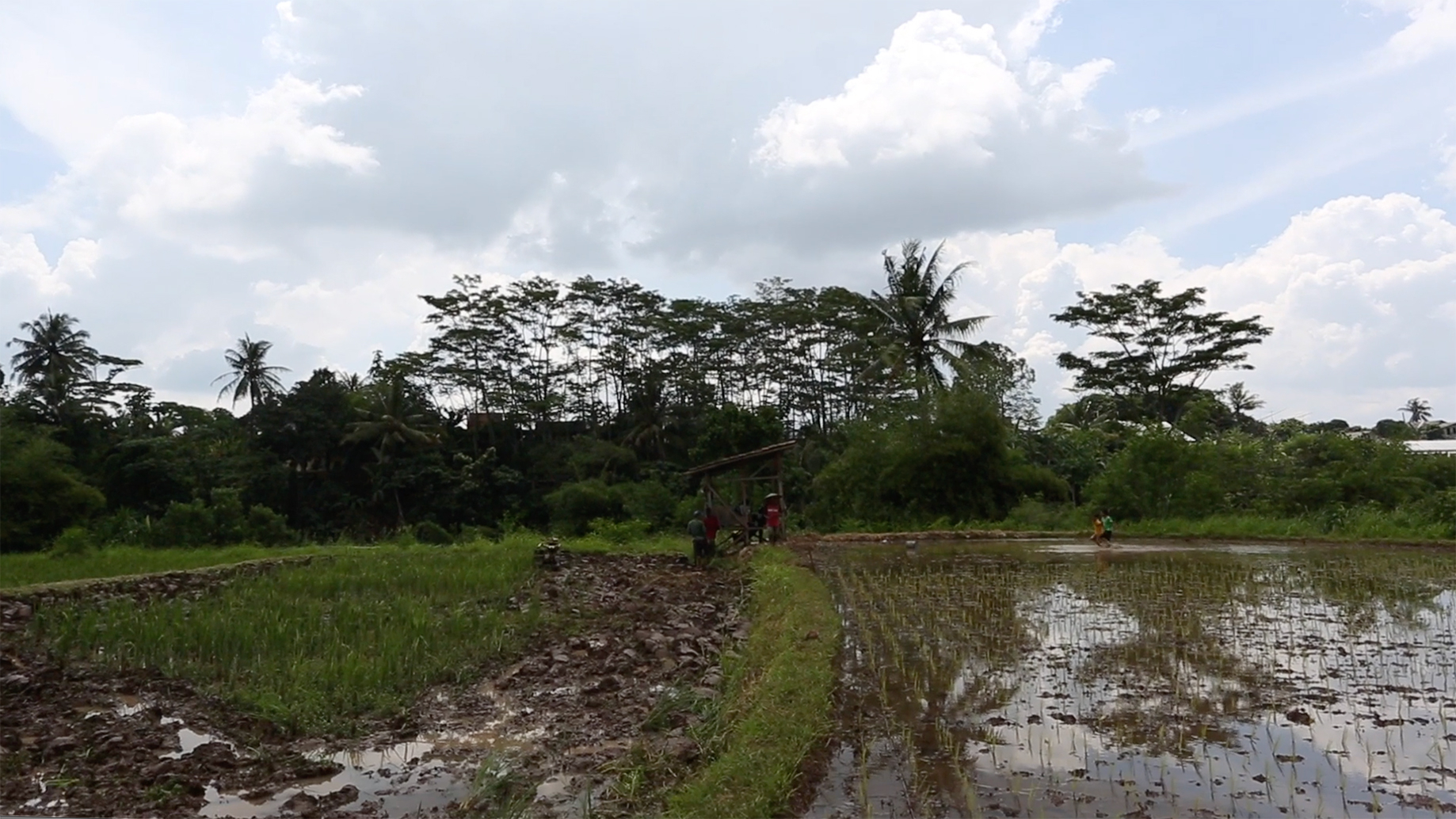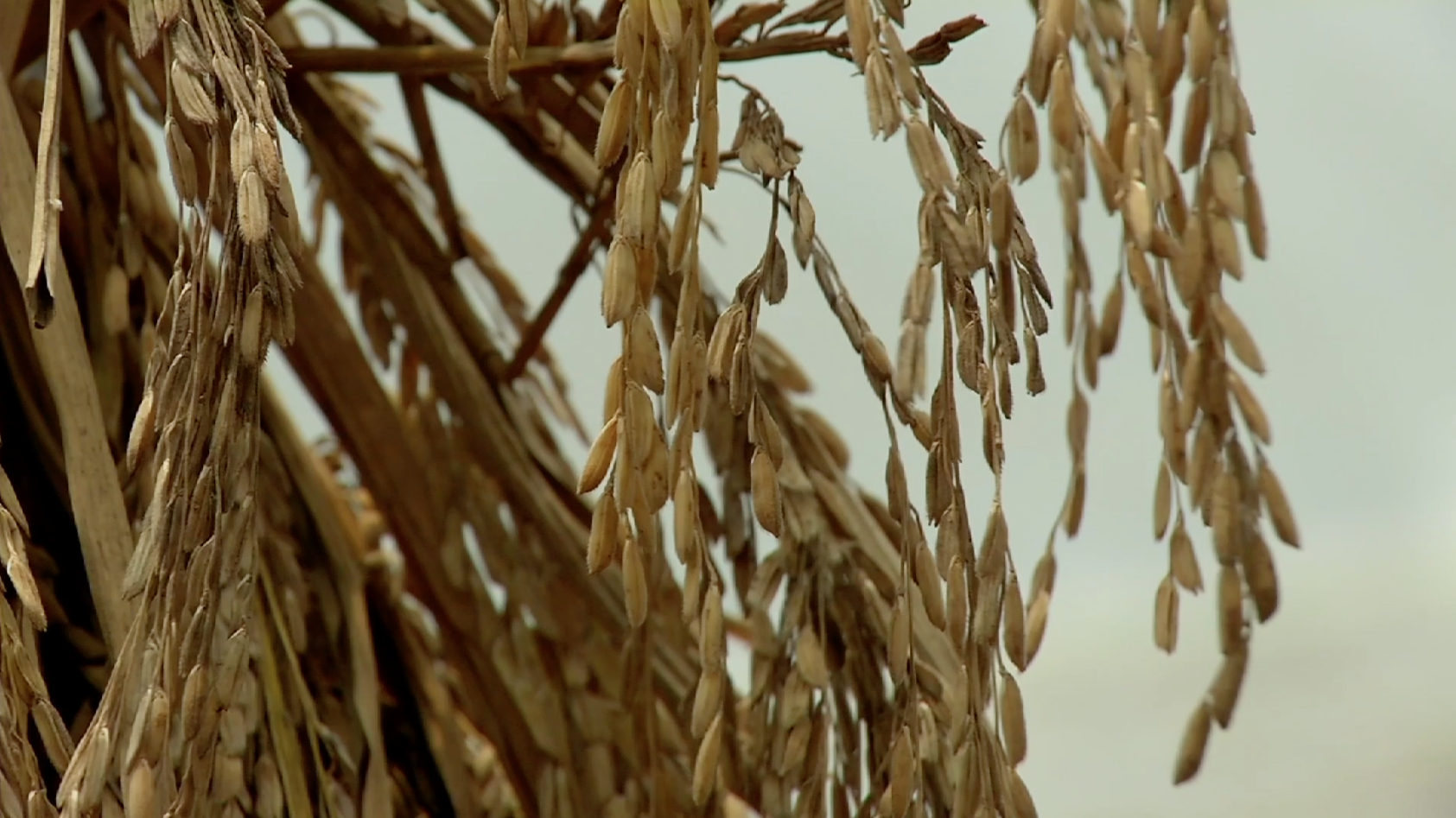02:34

Indonesia is dealing with a sharp decline in food production. Erratic weather patterns caused by climate change are creating unpredictability in the farming sector.
Dwi Andreas has been studying the effects of climate change on several crops in the country. He said farmers must learn to diversify their crops in anticipation of the upcoming dry season.
"The dry season will continue to have an impact on the crops. Our rice production has decreased as much as seven percent due to the dry season. Our planting period has been postponed because of it. This year our harvest period should have been in February, but it has been postponed to late March and April. This is worrying in regards to our supplies for this year and the next," Dwi told CGTN.
Aside from unforeseen circumstances, Dwi said the government is now faced with a whole new set of challenges.
"The government is currently facing many different problems at the same time. While our food stocks are still declining, we are now dealing with COVID-19. Currently, we are dependent on our imports from 2019. A total of 28 million tons of commodities are being affected because of COVID-19," he said.

Indonesian farmers are finding it difficult to plant rice and wheat due to the dry season. /CGTN
Indonesian farmers are finding it difficult to plant rice and wheat due to the dry season. /CGTN
COVID-19 adds uncertainties
Indonesia is seeing a steady rise in COVID-19 cases, creating a sense of uncertainty in the coming months. For Dwi, this is concerning especially since the holy month of Ramadan is approaching.
The issue of climate change coupled with COVID-19 has impacted Indonesia's economy as well. Economist Muhammad Firdaus said the government must work to protect farmers from crop losses due to natural disasters, infectious diseases and other types of risks.
"Government must convince all stakeholders, mainly farmers, to apply more sustainable agriculture and more diversified plantation. Farmers can plant some crops in one area so the impact of climate change can be minimized. We will still try to convince that monoculture is good only for generating income. But if we want to have more sustainable agriculture, we should mix crop or use multi cropping system," said Muhammad.
That could be just one solution to educate farmers to be creative with their crops during uncertain times.
Indonesia is one of the world's largest emitter of greenhouse gases mainly due to the conversion of its forests and carbon-rich peatlands. Experts are urging the government to significantly contribute to reducing emissions and take concrete steps to address climate change.